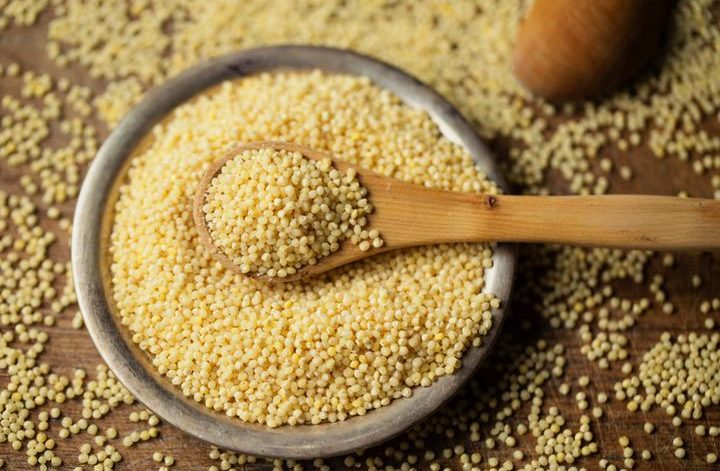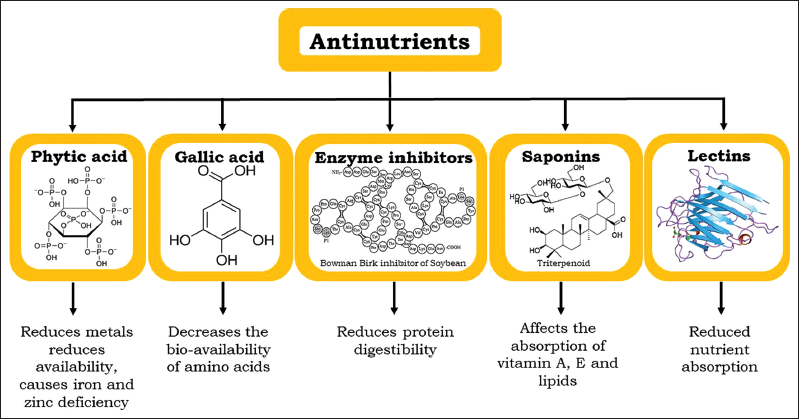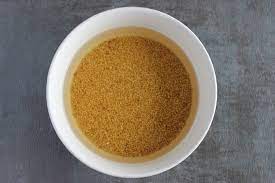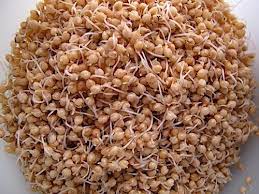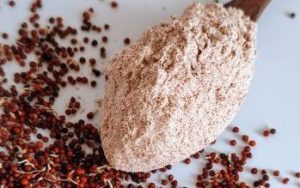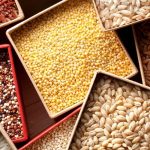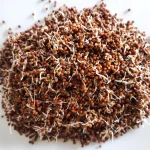Millets are a group of small-seeded, extremely varied plant species that are native to many parts of the world. They are more likely to grow in settings with poor soil fertility, low moisture content, and a warm climate. Hence Millets are better for planet as a sustainable resource. Millets are full of nutrients and play a significant role in many people’s diets. However there are some challenges with their consumption:
1. Digestive Challenges with millets :
Millets include a large amount of nutrients, including protein, dietary fibre, essential fatty acids, B vitamins, and minerals including iron, calcium, magnesium, potassium, and zinc. As millets are hard grains which are high in fibre, some individuals may experience digestive challenges , when consuming them on daily basis. The high fibre content can cause bloating, gas, and discomfort, overall issues with gut health especially in those who have sensitive digestive systems like people suffering from Gluten insensitivities or are celiac.
2. Anti-nutrients in millets:
Millets contain anti-nutrients such as phytic acid and tannins, which can hinder mineral absorption.
3. May cause issues with thyroid functioning:
Another concern related to millets is their potential interference with thyroid function. Millets normally contain goitrogens, compounds that can interfere with the absorption of iodine and may affect functioning of thyroid gland.
What can be the best way to consume Millets ? Is Soaking & Sprouting the Millet grains can solve the consumption issues ?
Sprouting is a natural process that involves soaking the millet seeds in water, allowing them to germinate and grow into sprouts. But what happens after we sprout millets? Let’s dive in and find out.
1. Increased Nutrient Value: Sprouting millets increases their nutritional value by making the nutrients more available and easier to digest. This occurs because the process of sprouting activates enzymes within the millet, breaking down the nutrient compounds into a simpler form, making it easier to absorb them during digestion. Sprouted millets are packed with nutrients such as iron, zinc, magnesium, and antioxidants that are incredibly beneficial for our body’s overall functioning.
2. Improved Digestion: As mentioned above, sprouting makes millets more digestible by breaking down complex carbohydrates and fats into simpler compounds that reducing the risk of indigestion and bloating. The process also leads to the activation of unique enzymes, which further assists with the digestion of food.
3. Availability of Protein: Sprouting millets increases their protein content, the building blocks of our body, which acts as an energy source, builds and repairs tissues. The proteins in sprouted millets are more readily available and quickly absorbed by the body while keeping you full for an extended period.
4. Lowers Glycemic Index: The glycemic index indicates food’s impact on blood sugar levels. Sprouted millets have a lower glycemic index than un-sprouted ones, making them ideal for people with blood sugar instability.
5. Enhances Flavour: Sprouting improves the flavour of millets by reducing their natural bitterness and incorporating a slightly sweet, nutty taste, which could make millets more palatable for people who find them dull.
6. Decreased Cooking Time: After sprouting millets, they cook faster as their texture softens and reduces the cooking time, providing a hassle-free experience.
In conclusion, sprouting millets increases their nutrient value, protein availability, digestibility, lowers the glycemic index, enhances the flavor, and decreases the cooking time. It is a natural and easy process that many people can do at home.
But NIHKAN, as a consumer health food brand specializes in the techniques of sprouting the grain in the natural environment and then using dehydration technology at lower temperatures to make the sprouted millets available to consumers in grain or flour form. This gives convenience of time, taste & nutrition to consumers. The sprouted millet flours can be used in variety of recipes from porridge to cheelas to chapatis to parathas to dosas or in baking cakes or muffins too. So why don’t you try out some of NIHKAN’s Sprouted millet flours and premixes today and enjoy their nutrient-packed benefits?


